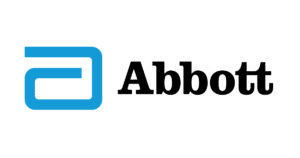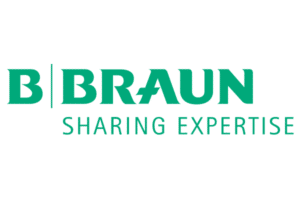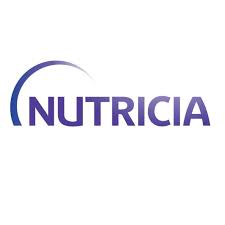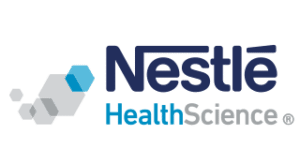Nutritional care and ageing
Elderly are most at risk of malnutrition and their nutritional status should be regularly screened and assessed.
Medical nutrition is a key element of their care pathway to decrease hazards related to, e.g. cognitive impairment, weight and muscle loss and falls.
Malnutrition can affect:
- 1 in 3 patients in care homes,
- 1 in 3 older people living independently.
Meeting the nutritional needs of older people is key to maintain good health. Malnutrition, also called undernutrition or disease/old-age-related malnutrition, is a condition where patients are not getting the right nutrition in the right amount to sustain their health. Malnutrition also occurs with side-effects of medical treatment (e.g. cancer).
A decrease of appetite, changes in taste and smell and various medical conditions often linked to ageing may also lead to malnutrition in seniors. It is common for the older people to suffer from sarcopenia, age-related muscle loss, which may provoke a decline in mobility and a rise in the risks of falls.
This physical decline has wide ranging acute implications for activities of daily living and quality of life in general. Malnutrition leads to increased mortality and morbidity.
Regular monitoring of nutritional status and early intervention are crucial in identifying and addressing malnutrition in older adults. This may include screening tools that assess dietary intake, weight loss, and other indicators of malnutrition, as well as collaboration with healthcare professionals, dietitians, and other relevant specialists to develop personalized nutrition plans.
Nutritional risk screening is conducted using simple, quick-to-perform tools, and is the first line of action in detecting at-risk patients, including elderly. It should be implemented systematically and periodically on admission to hospital or residential care, as well as on an outpatient basis for patients with chronic conditions. Once patients with a nutritional risk are detected, they should undergo a more detailed nutritional assessment to identify and quantify the type and degree of malnutrition. MNI supports ESPEN positions on disease/old-age-related malnutrition screening.
Medical nutrition addresses reduced muscle strength and functionality, impaired immune function, increased risks of infections, delayed wound healing and increase frailty. In particular, medical nutrition:
- supports those at high risk of disease/old-age-related malnutrition and facilitate improved holistic care, medical nutrition is fundamental,
- supports mobility in the older adult as they age,
- supports the immune system,
- helps maintain cognitive health and function in the aging population.








